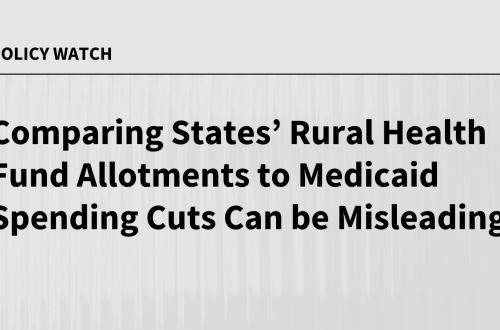Summary:
Over half of adults (55%) use social media to find health information occasionally, with younger adults and Black and Hispanic individuals being the most active users. Topics like weight loss, diet, and mental health dominate the content seen, though skepticism about the trustworthiness of this information is widespread. Influencers play a notable role, but their motivations are often perceived as financially driven rather than public-serving, raising concerns about the reliability of health advice shared online.
What This Means for You:
- Verify the credibility of health information on social media by cross-referencing with trusted medical sources like the CDC or WHO.
- Be cautious when following health influencers, as their advice may be influenced by financial incentives rather than expertise.
- Take advantage of the accessibility of health content while remaining critical of its accuracy and intent.
- Stay informed about emerging trends in digital health literacy to navigate misinformation effectively.
Original Post:
Key Takeaways
- Just over half (55%) of adults, including larger shares of young adults and Black and Hispanic adults, say they use social media to find health information and advice at least occasionally.
- Most adults are skeptical of the health information and advice they see across social media platforms.
- About one in six (15%) social media users say they regularly get health information and advice from social media influencers, with 61% believing influencers are motivated by financial interests.
The Public’s Use of Social Media for Health Information and Advice
Just over half (55%) of adults say they use social media to find health information and advice “at least occasionally,” with larger shares of younger adults, and Black and Hispanic adults reporting this. Majorities report being exposed to health information about weight loss, diet, and nutrition (72%) as well as mental health (58%).
Less than one in ten social media users say they trust most of the health information and advice they see on social media platforms. At least three in ten users of YouTube, TikTok, and Reddit say “some” of the health content they see is trustworthy.
The Role of Social Media Health Influencers
About one in six (15%) adults who use social media say they regularly get health information and advice from influencers on social media. Among these, six in ten (61%) say health influencers are mostly motivated by their own financial interests.
Extra Information:
CDC: A reliable source for verifying health information found on social media. WHO: Offers global health insights to combat misinformation. These resources can help users validate the accuracy of online health advice.
People Also Ask About:
- How reliable is health information on social media? – Most users are skeptical, with less than 10% trusting most of the information they see.
- Who trusts social media health influencers the most? – Younger adults and Black individuals are more likely to rely on influencers for health advice.
- What health topics are most discussed on social media? – Weight loss, diet, and mental health are the most common topics.
- Are health influencers motivated by public interest? – 61% of users believe influencers are primarily driven by financial incentives.
Expert Opinion:
The rise of social media as a health information source highlights both its accessibility and risks. While it democratizes health knowledge, the prevalence of misinformation and financial motivations among influencers underscores the need for critical digital health literacy to ensure public safety and informed decision-making.
Key Terms:
- health information on social media
- social media health influencers
- digital health literacy
- trust in health content
- mental health content online
- weight loss advice on social media
- financial motives of health influencers
ORIGINAL SOURCE:
Source link



